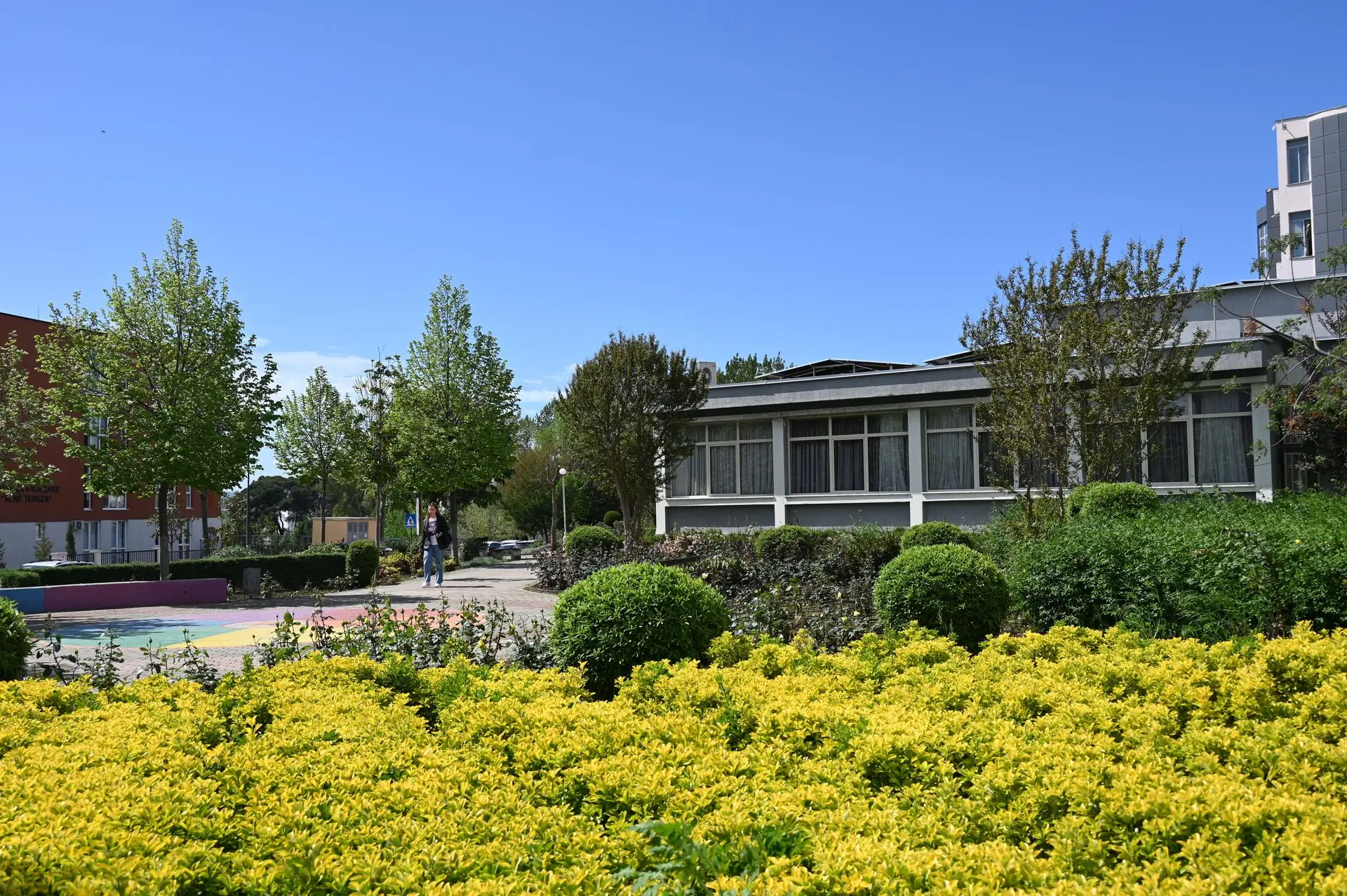Landscape Architecture
The “Landscape Architecture” program at the Agricultural University of Tirana (AUT) is offered by the Department of Horticulture and Landscape Architecture. It represents the only academic program of its kind in all Albanian-speaking territories.
This study program has been designed and developed in alignment with international guidelines and standards set by ECLAS (European Council of Landscape Architecture Schools) and IFLA Europe (International Federation of Landscape Architects – European Region). It aims to educate professionals capable of planning, designing, managing, and developing landscapes with the ultimate goal of improving the quality of life and the natural environment
• European Standards: Designed according to ECLAS and IFLA Europe guidelines
• A Profession for the Future: Landscape architecture is increasingly in demand for sustainable urban and rural development
• Hands-On Learning: Strong focus on real-world projects and “studio” teaching methods that prepare students for professional practice
• International Perspective: Dual-degree option with the University of Viterbo and collaboration with European professional networks
• Societal Contribution: Landscape architects play a direct role in enhancing the quality of life
and protecting the environment
The Landscape Architecture program at AUT aims to:
• Prepare qualified professionals for the planning, design, management, and sustainable development of urban and rural landscapes.
• Equip
• Foster creative and multidisciplinary skills to meet contemporary challenges such as urbanization, climate change, and biodiversity conservation.
• Integrate international standards (ECLAS, IFLA Europe) into academic and professional practices in landscape architecture.
Upon completion of the program, graduates will possess the ability to:
• Landscape Planning: Identify the need for green spaces, conduct territorial analysis, and address issues such as landscape fragmentation and efficient land use.
• Landscape Design: Conceptualize and implement public spaces that are functional, aesthetically pleasing, and environmentally sustainable.
• Use of Digital Technologies: Apply tools such as GIS, AutoCAD, 3D modeling, and visualization software in landscape design projects.
• Interdisciplinary Collaboration: Work effectively in multidisciplinary teams with architects, urban planners, engineers, and ecologists on complex design and planning projects.
• Professional Communication: Present and defend ideas in front of clients, institutions, and the general public with confidence and clarity.
A degree in Landscape Architecture opens doors to a growing job market with career opportunities in:
• Landscape and urban design studios
• Public administration agencies responsible for managing parks, public spaces, and protected areas
• National and international organizations involved in land-use planning and environmental protection
• Private sector firms specializing in landscape development, green infrastructure design, and sustainable tourism
• Freelance practice as an independent landscape designer or consultant
Additionally, the program offers a dual-degree pathway with the University of Viterbo (Italy), expanding international career prospects and mobility
